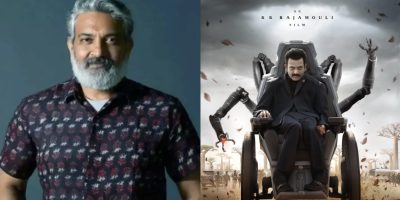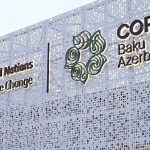Zanzibar — A historic milestone in global diplomacy and divine royalty is unfolding as Her Grace Duchess Julian Businge, the Duchess of Civility from Uganda, leads the world’s first-ever Royal Civility Hall of Fame — an international royal gathering uniting monarchs, leaders, and change-makers from ten nations under one heavenly vision: to celebrate civility, identity, and legacy.
Born from the heart of Uganda and representing the Royal Diaspora Monarchy, Duchess Julian has become a symbol of how divine identity and royal diplomacy can shape nations and unite hearts. Through her pioneering vision, the Royal Civility Institute and its global partners are establishing a timeless platform that honors individuals whose lives embody nobility, peace, and God-centered leadership.
> “As Ugandans and members of the Diaspora Monarchy, we stand as living testimonies that royalty is not just a title — it is a divine calling,” said Duchess Julian Businge. “The Hall of Fame is more than an event; it is a spiritual legacy connecting Africa to the world through honor and heavenly civility.”
The Royal Civility Hall of Fame 2025 will host royals, dignitaries, and ambassadors from across the globe, including participants from the United States, Europe, and Africa. This unprecedented royal event will also feature a series of cultural showcases, faith-led dialogues, and the induction of world leaders who embody the spirit of Royal Civility.
The event forms part of the World Greatness Awards Weekend, where global icons will be recognized for their outstanding service to humanity. Together, these two ceremonies reflect a divine convergence of greatness and civility — a movement transforming how nations perceive leadership and honor.
About the Royal Civility Institute:
Founded by Duchess Julian Businge, the Royal Civility Institute is a faith-rooted institution dedicated to developing the Kingdom of God through civility, education, and identity transformation. In partnership with The Father of Civility Africa — HRM King Clyde Rivers, the institute nurtures a new generation of leaders who embody divine royalty and moral excellence.















